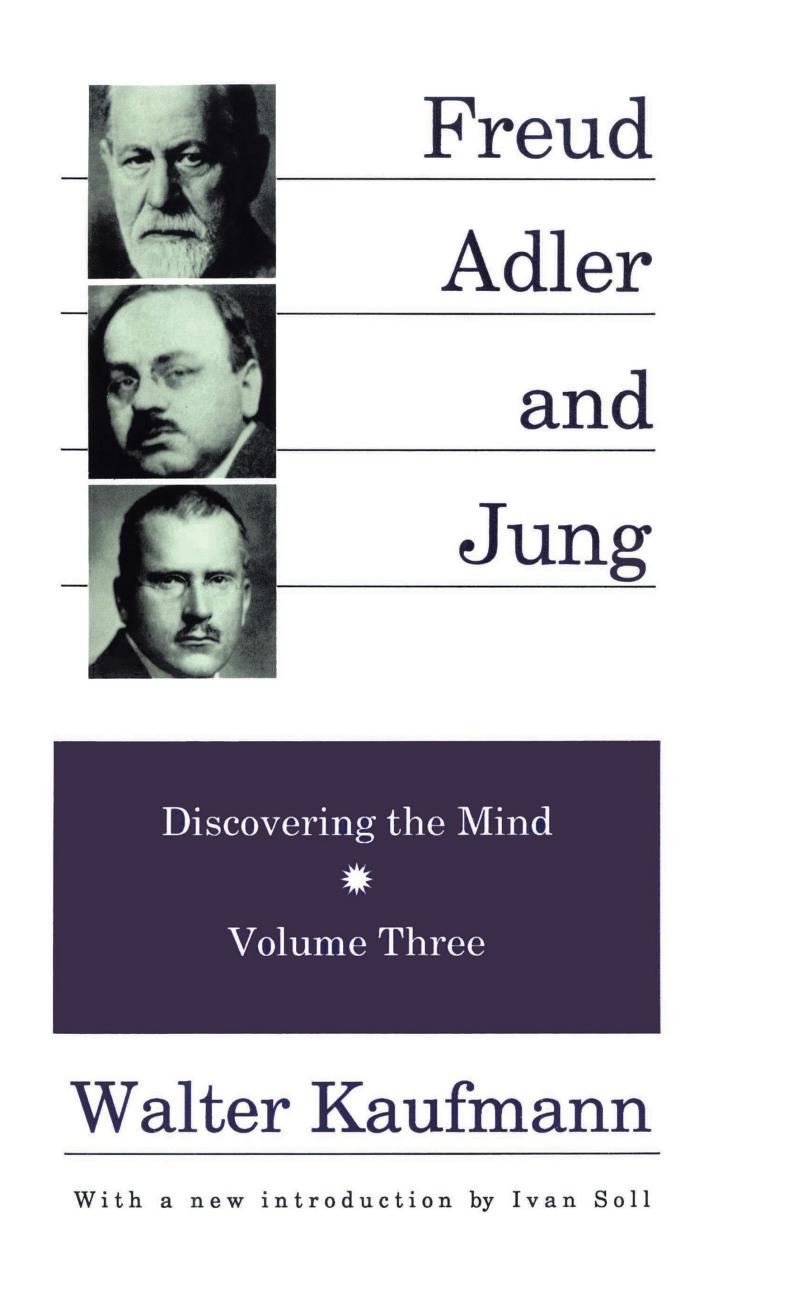

Most ebook files are in PDF format, so you can easily read them using various software such as Foxit Reader or directly on the Google Chrome browser.
Some ebook files are released by publishers in other formats such as .awz, .mobi, .epub, .fb2, etc. You may need to install specific software to read these formats on mobile/PC, such as Calibre.
Please read the tutorial at this link: https://ebookbell.com/faq
We offer FREE conversion to the popular formats you request; however, this may take some time. Therefore, right after payment, please email us, and we will try to provide the service as quickly as possible.
For some exceptional file formats or broken links (if any), please refrain from opening any disputes. Instead, email us first, and we will try to assist within a maximum of 6 hours.
EbookBell Team

4.8
44 reviewsWalter Kaufmann completed this, the third and final volume of his landmark trilogy, shortly before his death in 1980. The trilogy is the crowning achievement of a lifetime of study, writing, and teaching. This final volume contains Kaufmann's tribute to Sigmund Freud, the man he thought had done as much as anyone to discover and illuminate the human mind. Kaufmann's own analytical brilliance seems a fitting reflection of Freud's, and his acute commentary affords fitting company to Freud's own thought.
Kaufmann traces the intellectual tradition that culminated in Freud's blending of analytic scientific thinking with humanistic insight to create "a poetic science of the mind." He argues that despite Freud's great achievement and celebrity, his work and person have often been misunderstood and unfairly maligned, the victim of poor translations and hostile critics. Kaufmann dispels some of the myths that have surrounded Freud and damaged his reputation. He takes pains to show how undogmatic, how open to discussion, and how modest Freud actually was.
Kaufmann endeavors to defend Freud against the attacks of his two most prominent apostate disciples, Alfred Adler and Carl Gustav Jung. Adler is revealed as having been jealous, hostile, and an ingrate, a muddled thinker and unskilled writer, and remarkably lacking in self-understanding. Jung emerges in Kaufmann's depiction as an unattractive, petty, and envious human being, an anti-Semite, an obscure and obscurantist thinker, and, like Adler, lacking insight into himself. Freud, on the contrary, is argued to have displayed great nobility and great insight into himself and his wayward disciples in the course of their famous fallings-out.